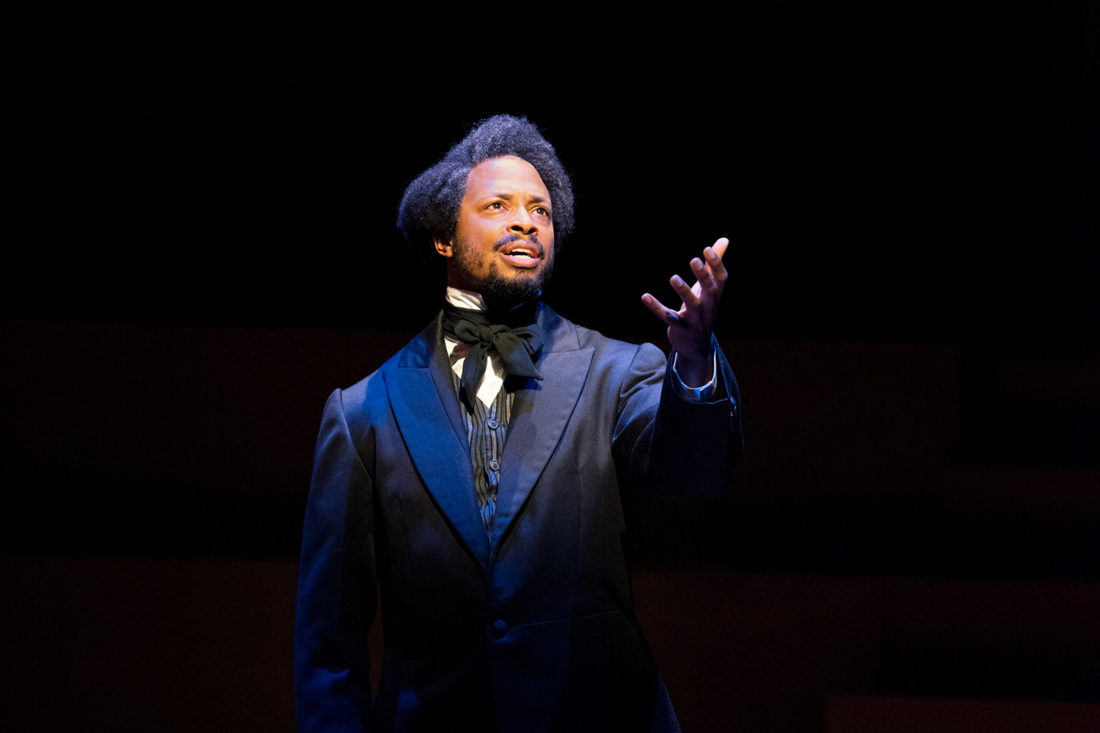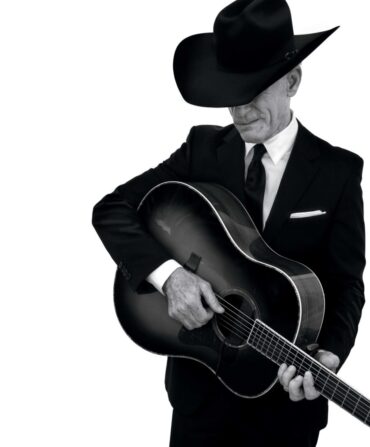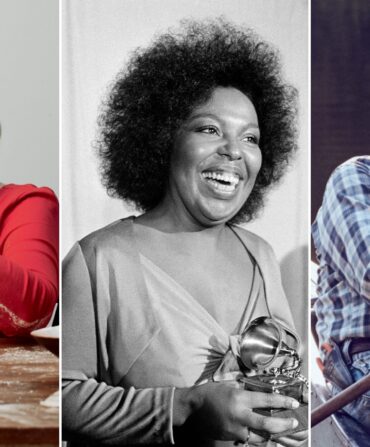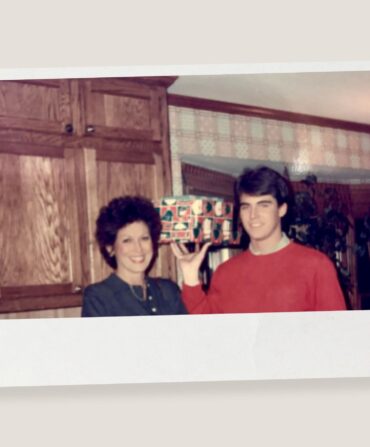Marcus Hummon is a Music City stalwart. You might find him performing at the Bluebird, the Opry, or the Ryman (most recently with his son, the rising pop country star Levi Hummon) or walking Oksana, his 140-pound, dreamy-eyed Leonberger, around Love Circle Park. The Grammy-winning multi-instrumentalist and Songwriters Hall of Famer is one of Nashville’s secret weapons—a largely behind-the-scenes talent who keeps the Tim McGraws, Wynonas, and (formerly Dixie) Chicks of the world stocked with chart-topping hits. But of late, you’ll find Hummon in new territory: at Washington, D.C.’s Arena Stage, where his Frederick Douglass musical, American Prophet, is bringing audiences, including Supreme Court Justice Ketanji Brown Jackson and descendants of the Douglass family, to their feet.
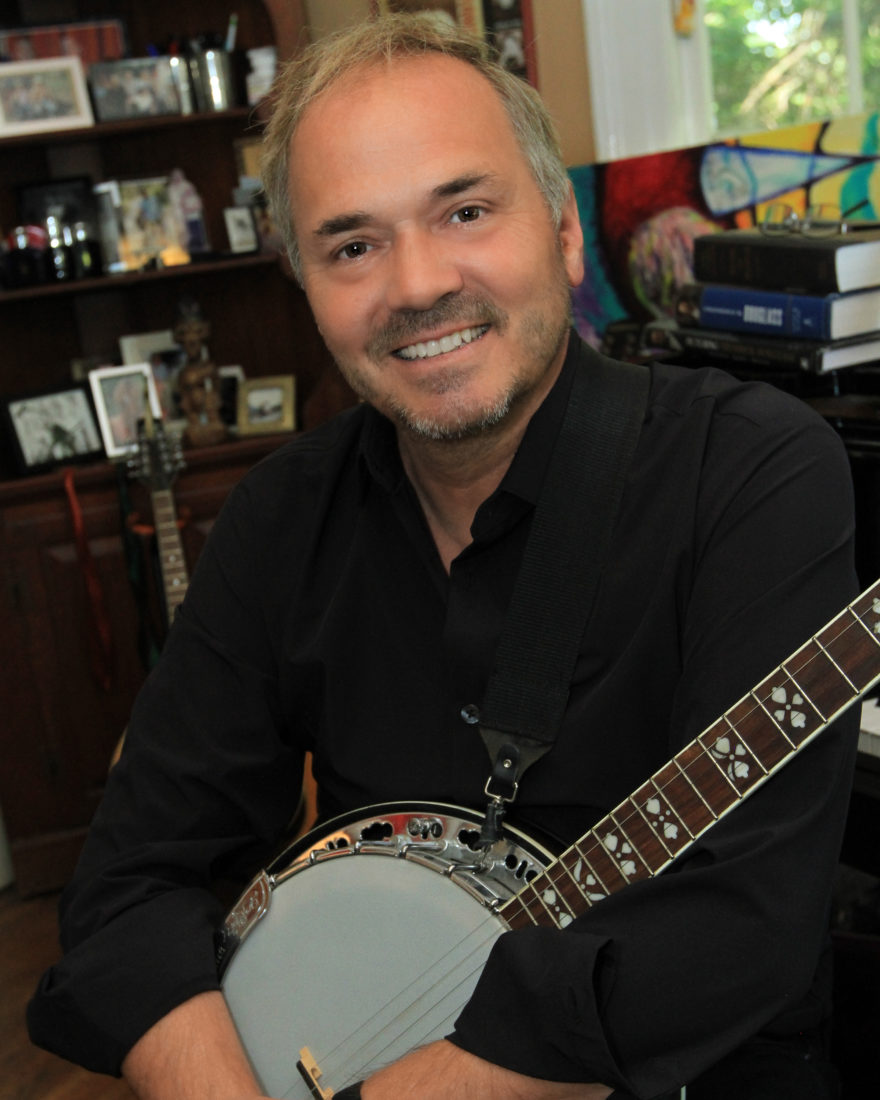
Hummon wrote the lyrics and score and co-wrote the book with Broadway veteran and South Carolina native Charles Randolph-Wright, who was a member of the original cast of Dreamgirls as well as the director of Motown and Born for This. Together they present the fiery abolitionist, played by Cornelius Smith Jr. of ABC’s Scandal, as a nuanced, evolving thinker who even, yes, dances. “Here’s this man born into slavery, who even as an eight-year-old is imagining a world that doesn’t yet exist,” says Hummon, who began working on the project seven years ago, after a Nashville church asked him to write a piece reflecting on “the prophetic.”
According to Arena Stage artistic director Molly Smith, Hummon’s idea to put Douglass’s words to music is “transcendent,” his songs “electrifying,” and to date, all reviews, from the Guardian to the Washington Post, agree. For Hummon, however, the satisfaction is in seeing audiences stirred by Douglass’s message of hope and justice. “It’s such a powerful story for our time,” he says. “When you hear Douglass’s language, you’re amazed by how he’s speaking to us right now.” Hummon and his team are in negotiations to hopefully bring the show to Broadway, as well as to universities and schools to be used as a tool for teaching history. Meanwhile, it runs at the Arena until August 28. We caught up with the singer-songwriter-composer as American Prophet heads into its final weeks.
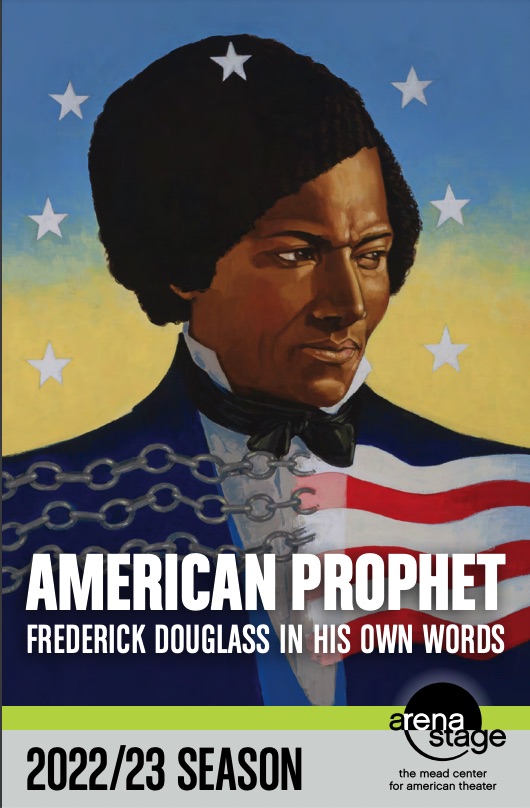
In Nashville you regularly co-write with other songwriters, but what was it like to collaborate at this level, with Tony-winning cast members, an Oscar-winning wig maker, and luminaries like Charles Randolph-Wright?
When I began, I knew just enough about Douglass to get myself in trouble, but I dug in, reading everything I could get my hands on. I quickly understood this was truly a great American story, one that not only shaped our racial consciousness, but also our fundamental ideas of justice, because Douglass shaped Lincoln. That’s when I realized I couldn’t do it alone, and the project really took off when I met Charles. I’m sure he thought it was crazy to come down to Nashville to talk to this white dude about Frederick Douglass, but after I played him the first song, he was like, “Let’s get to work.” Having an amazing director and co-writer has made all the difference. Charles is always pushing me—“I need more here, I need more there”—and he’s generally right. The cast is incredible and we were also fortunate to have Kenneth Morris, Douglass’s great-great-great grandson, as a consultant. The family’s input gave us insight into Douglass’s personal life and helped us bring Anna [Douglass’s wife, played by Kristolyn Lloyd] to the forefront, which history books really haven’t. Without Anna there’s no Douglass—she ran the passes, she ran the show.
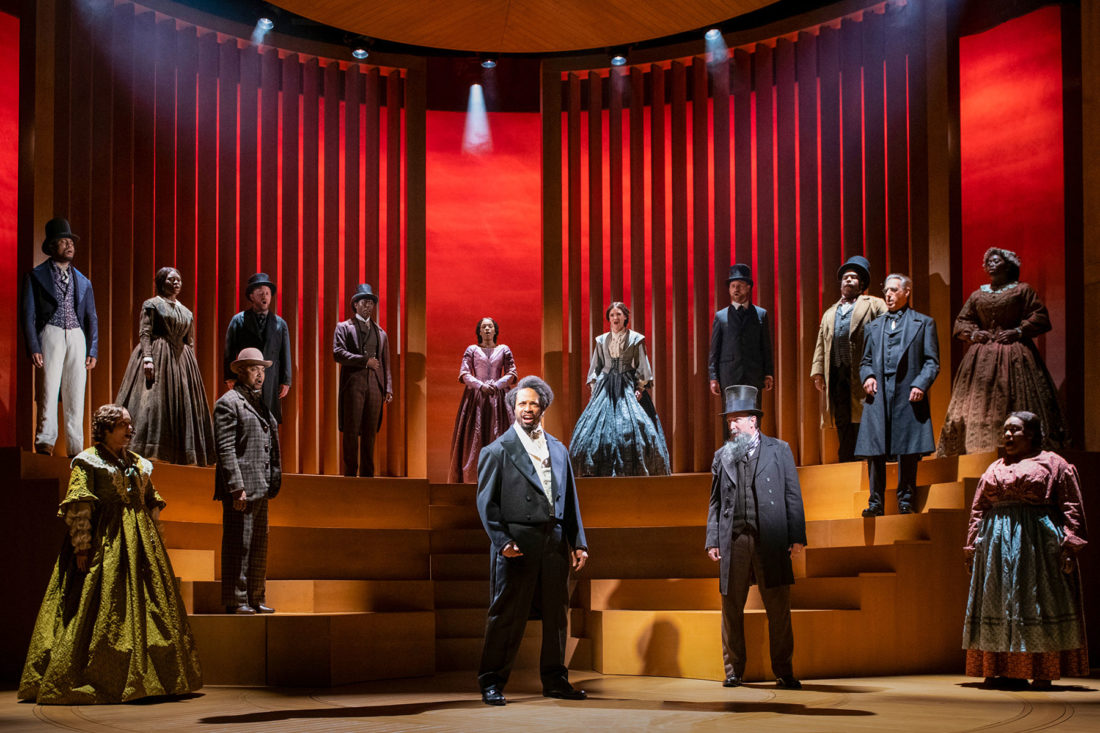
How has this project pushed you creatively?
I have absolutely loved this journey. As a songwriter, I’m very much a roots and Americana thinker, composer, and musician. With American Prophet, I offer what I believe in musically—it’s really an American roots score, drawing from American hymns, blues, country, folk, jazz. Writing for theater keeps the artist in me engaged. I’ve written over three thousand country and pop songs over the last thirty years, but really, how many times can you write about breaking up? Theater is character driven. In one number, we condense eight years of Douglass’s life into a few minutes of spoken word and song, woven into a harmonic oratorical piece. I’d never do that in popular music, but the bricks and mortar are the same. It’s my same sense of song and structure—a rising moment, bridge, chorus, and denouement.
American Prophet was originally set to premiere in 2020, before the pandemic shutdown. Meanwhile a lot has happened, particularly in D.C. How has the timing impacted the show and its reception?
Well, we thought it was appropriate for 2020, and unfortunately, I’d say it’s as important now, if not more so. Our current political atmosphere is so divisive with white supremacy and antidemocratic forces on the rise, but this is not a show just for liberals or conservatives. It’s for all Americans. Here’s a man who had every right to hate this country but found a way to love it. Douglass believed the Constitution would be the tool to bring about justice, and in that, he and Lincoln found common ground. Douglass’s call, the show’s call, is to agitate, agitate. We’re going to have to fight for what we believe in, and we all find different ways to do that. For me, that’s writing this sort of music. As an artist, playwright, and composer, this is what I can offer.


